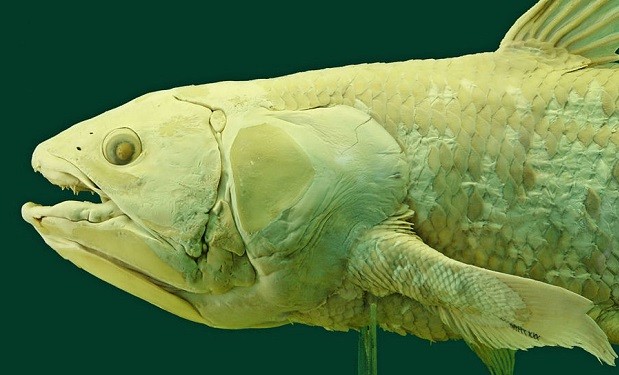Scientists are hopping for joy after a frog thought to be extinct for over a hundred years was recently rediscovered. The newly-named Frankixalus jerdonii, formerly known as Polypedates jerdonii, and before that, Prince (because it’s a frog, geddit?) was rediscovered in an Indian forest by biologist Sathyabhama Das Biju. “We heard a full musical orchestra coming from the tree tops. It was magical. Of course we had to investigate,” Biju told Associated Press.
The tree frog’s survival is due in part to its unusual method of breeding. Females lay fertilized eggs in pools of water found in holes in trees, returning after the eggs have hatched to feed the tadpoles with unfertilized eggs. The tadpoles suck the eggs, and so do not develop teeth. When the frogs reach the adult stage, they differ from most other amphibians in having an exclusively vegetarian diet. Although zoologists are croaking ecstatically at the rediscovery, they warn that amphibians are still severely endangered. A third of all amphibians are in danger of extinction, according to the International Union for the Conservation of Nature. In the meantime, though, the tree frog gets an invitation to a great party hosted by the coelacanth and the Philippine naked-backed fruit bat — two other among dozens of species once thought extinct and then found.
